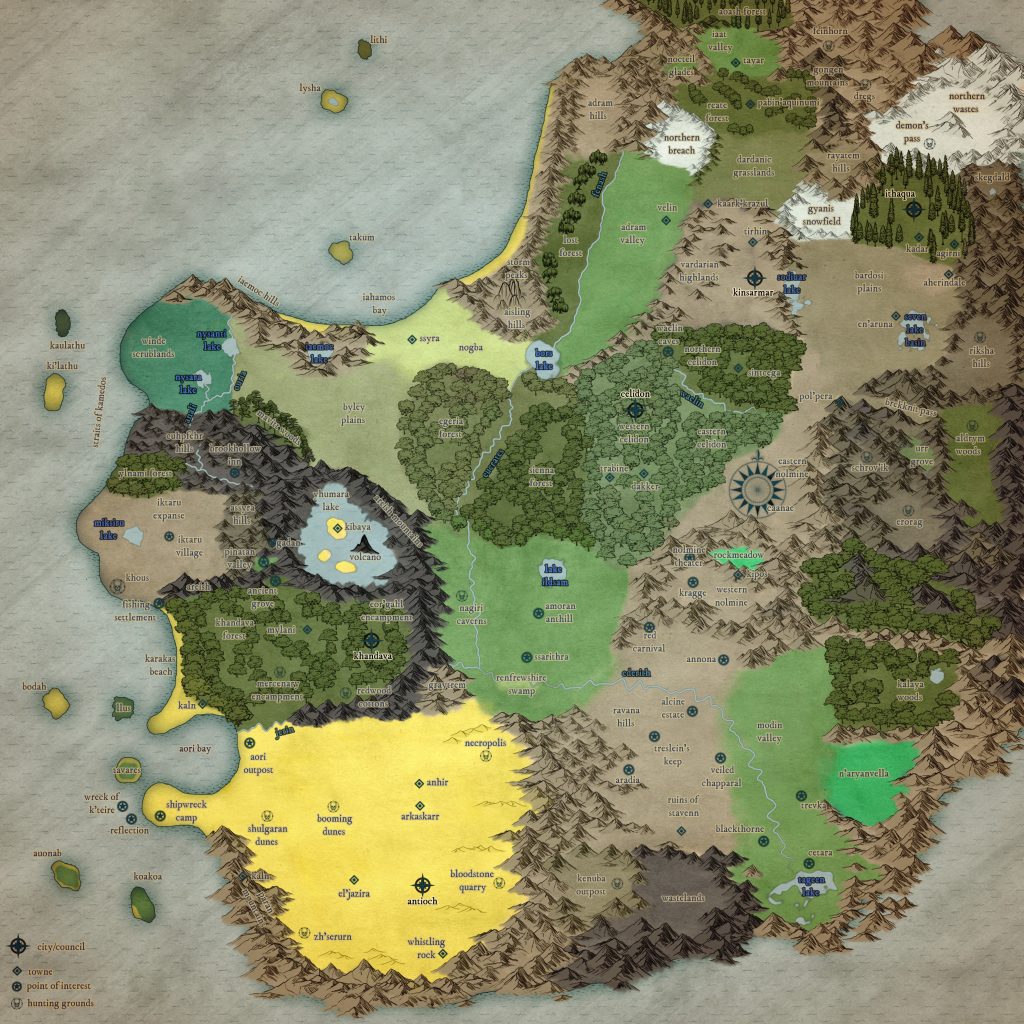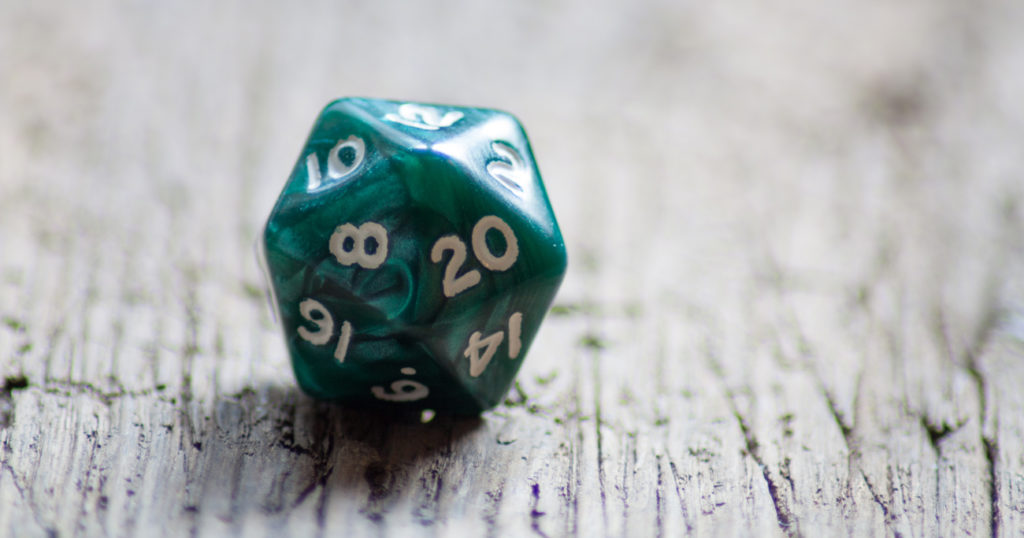And now for something completely different.
How different cultures view the words magic and magick comes into the
public spotlight from time to time. In some cultures it is polar
opposites. In others it means relatively the same thing. What follows is
what I have learned about it from each culture's point of view from my
travels. I have tried very hard to put as neutral a spin on this as
possible and it should go without saying that I do not claim this to be
anything close to a definitive work. It is simply my own observations
and I do not claim it to be completely accurate. Read on if you want. No
biggy to me either way.
As Antioch is eternally in the eye of the storm when it comes to magical
(or magickal) theory, let us start there. To understand the attitudes of
the everyday Antiochian citizen towards magick, one must go back to a
time before even the founding of the city. The ancestors of Antioch are
those effectively that the Noctu seized power from long ago in Stavenn.
They have an almost genetic hatred of magick because to them, it is
where Stavenn went horribly wrong. They fled from the corruption and
taint of magick to the deserts. You see, to Antioch, magick is a taint.
A malevolent force that seeks to turn the heart of those whom you would
call friend against you. It is evil and without peril in its dangers.
This is what fuels their desire to rid this taint from the lands. Now
here magic is anything god given. What you can do with your sword or
what the gods bless you with is magic more or less. Magick is... well
anything in Stavenn and Kinsarmar. The only problem with this stance is
explaining where those skills come from that do not reside within the
great walled cities. Suffice it to say, however, that should your guild
not reside within the walls of Antioch, you can expect at the bare
minimum healthy suspicion.
Kinsarmar is the magical city of light. To them, there is light magic
(Those skills that reside within their walls) and dark magick (which
again is pretty much anything within Stavenn's walls). Magic to the
Kinsamarians is in the eyes of the user so to speak. Magic in and of
itself is not bad, but the user can make it evil if they try to turn it
towards that end. Though there has been examples of magic going awry
(most notably the recent corruption of steel ingots), Kinsarmar preaches
responsibility when it comes to research in their given arts as the
banning of three magical spheres from research can attest to after said
steel incident. In essence, magic is power used for good, magick is that
which is used for evil. Sort of. Again, their viewpoint is colored in
shades of light and darkness. Magick and Magic tend to blur heavily here
culturally speaking.
Stavenn is the city of war and as such views any and all things that can
be used as weapons as good. If it can help, then that's magic or magick
or whatever you want to call it. It really does not matter. If it can't
help, no sense bother talking or worrying about it. Magic is power. Its
really that simple when you get right down to it.
Khandava and Celidon think all the talk of magic and magick is
ridiculous. Whatever helps the forests is good. Whatever harms it is
bad. Therefore they have a dim view on demons and necromancy. Everything
else is fine.
Ithaqua as a forest obviously isn't too happy with demons running
around. Therefore demons need not apply. Necromancy is welcomed as life
and death complete the circle that exists in the wilds. As for anything
else, if the wood react poorly to it, please don't do it here. Things
like runes and elementalism tend to go very wrong in Ithaqua and
therefore they are considered magick by its inhabitants. As such, the
citizens tend not to use those things even when they are not home.
Unlike Antioch, however, once you go beyond the Ithaquan border they
really don't care what you do with your skills. For example,
elementalism is a fine skill if you are in Kinsarmar. Please, keep doing
it if you like. Just don't do it in Ithaqua or expect to join the
council.
Now, beyond these organizations are those that view magic and magick as
what came into being after the shattering of the moon. Skills that
existed or draw their power from things that existed before the moons
broke are magic. Things that came into being or draw their power from
something to do with the breaking of the moons, are magick. The key to
this philosophy is that anything after the breaking of the moons is a
foriegn body set loose upon this plane of existence and therefore is not
a good thing. Unfortunately trying to decipher which skills are which is
difficult as many of the records that show where skills come from have
been lost to time.
Penned by my hand on the 17th of Bellum, in the year 439 AD.

